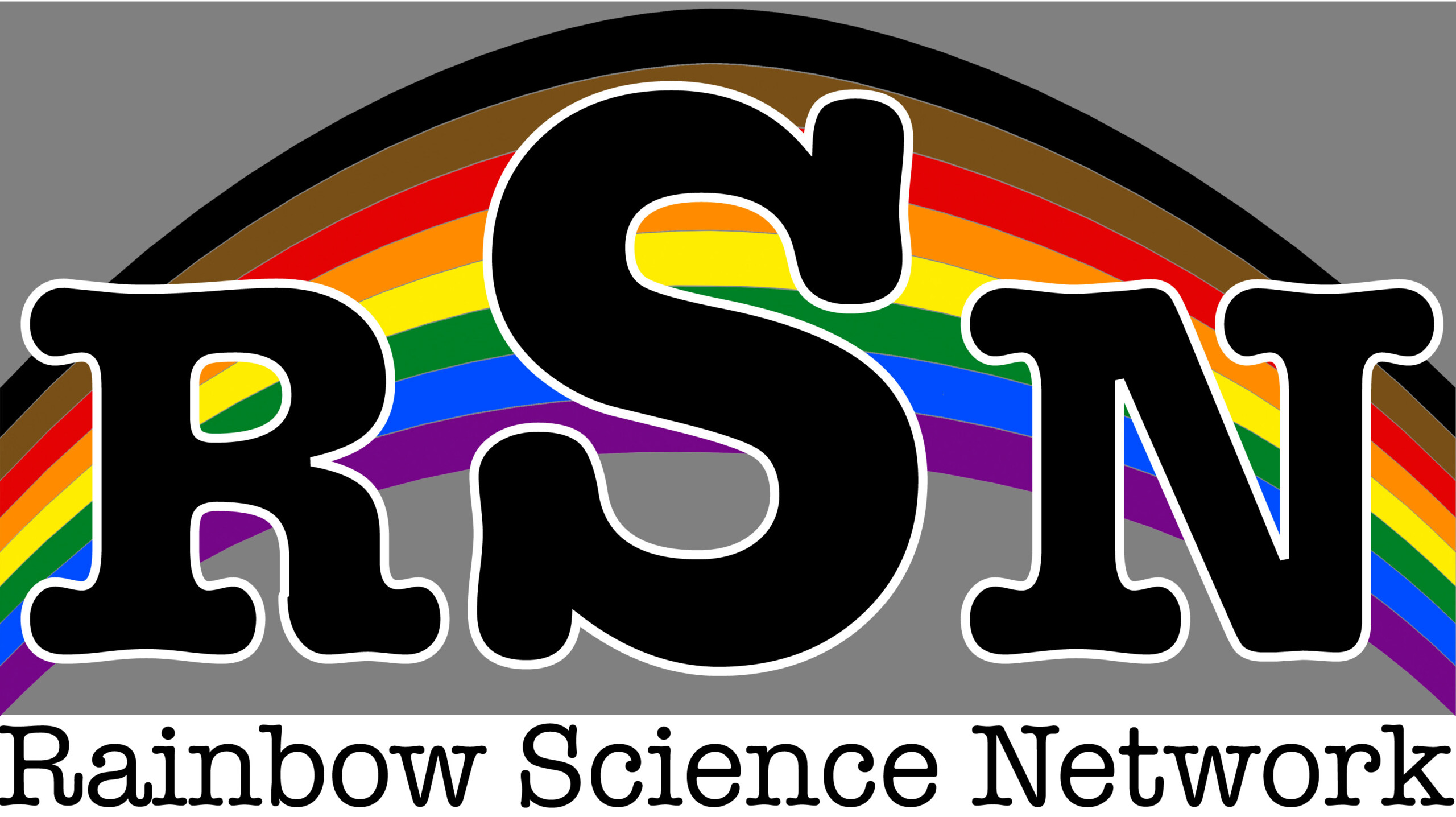EQUITY IN SCIENCE
We in Thomas Lab recognize that many groups have been historically excluded from academic communities and want you to be able to bring your whole self to our research enterprise irrespective of your race, religion, ethnicity/citizenship, gender identity/expression, sexual orientation, neurodiversity, disability status, age, or socioeconomic status. Know that anyone with a strong work ethic and a commitment to our scientific research is welcome here, where we will endeavor to provide a supportive training environment that will help you reach your full potential. We further recognize that a diverse group of scientists will generate a greater diversity of ideas and therefore better research outcomes: We will be more successful if we are diverse!

As PI, I believe that institutions of higher education should strive to be a community of belonging that welcomes a diversity of backgrounds and life experiences. However, it is clear that academic environments are still working towards this goal, and many systemic inequalities persist in education. I have strong interest in furthering diversity, equity, inclusion, and belonging both here at Penn State, in my professional societies, and in my local community. Here is a list of my current activities:
Rainbow Science Network
Empirical data supports the notion that diverse research groups make better science. Empirical data also tells us that there is a documented problem in keeping people from the LGBTQA+ community in research career paths due to unwelcoming, biased or hostile environments in departments and or labs. To try and improve this situation here at Penn State, I created the Rainbow Science Network in the Eberly College of Science. The goal of the RSN is twofold. First, we encourage PI’s to actively create a more welcoming environment for LGBTQA+ research trainees in their labs by undergoing training offered by our Center for Sexual and Gender Diversity. Once trained these inclusive faculty appear on the RSN member list, which can be consulted by potential trainees in the LGBTQA+ community who are in search of a safer space to try their hand at research.

With funding from the Penn State Equal Opportunity Planning Commission as well as the college the RSN also fosters community through speaker events and panels each semester. Recent speakers have included Dr. Lauren Esposito (Arachnologist, and founder of 500 Queer Scientists), Frey Brownson (Solar power engineer, and founder of the inclusive solar power consulting company HelioTactics LLC), Dr. Jane Cook (Materials Engineer and glass artist at Judson Studios CA. Formerly the Chief Scientist at The Corning Museum of Glass) and Dr. Eric Patridge (Data scientist at Viome Life Sciences, and founder of oSTEM). Excitingly, this initiative has expanded to the Colleges of Engineering, Earth and Mineral Sciences, and Agricultural Sciences, covering most STEM departments and more than 100 research groups.
American Society for Cell Biology LGBTQ+ Committee
I am an active member of the American Society for Cell Biology (ASCB) LGBTQ+ Committee. Our Signature Programs include:
Two sessions at the annual ASCB|EMBO Meetings:
- The Ben Barres LGBTQ+ Diversity Session, which blends science and career advice/networking with a renowned cell biologist who is a member of the LGBTQ+ community.
- The LGBTQ+ Ally Session, which is designed to expand the support network for this underrepresented group by engaging, encouraging, and educating allies for LGBTQ+ scientists as part of a broader goal of increasing diversity and improving opportunities for LGBTQ+ scientists.

We maintain a LGBTQ+ Speaker List; A list of out ASCB members who self-identify as members of the LGBTQ+ community (including students, postdocs, faculty etc.). This list helps build the LGBTQ community of cell biologists, as well as identify potential speakers from our community.

June 17, 2019
Blog post: Transition on the tenure track

November 25, 2019
Blog post: Pride in Our Science

May 11, 2021
Blog post: Paying undergraduate researchers would increase research diversity

August 5, 2021
Blog post: Encouraging and retaining LGBTQ+ research trainees

June 23, 2022
Webinar: Find Yourself, Find Your Allies: A Trans Scientist’s Journey into Activism

September 16, 2022
Blog post: Call me by my name

July 26, 2023
Blog post: Deadname Walking
The 100% Project
We are divided into many identities, often by percentages, for the purposes of advocacy. However, we can forget that we each have multiple identities that intersect or require code switching depending on the space we are in. This gets complex, and inconsistent prejudice is often seen: Examples include the few folk who are LGB but reject the ‘T’, or are people of color who are homophobic; or are first-generation Americans who are xenophobic, etc.. Just as “Love is love”, “Hate is hate”, and to be a victim of prejudice and to then turn on another minority makes no sense, especially when under it all we are all just human.

A lot can be accomplished just by meeting folk as they are, so I started the 100% Sign campaign to remind us of our common humanity. Each 100% Sign represents everyone: All races, all sexualities, all genders, all nations, and all ethnicities with an interwoven pattern to represent the intersection of all these parameters. This juxtaposition reminds us that it makes no sense to believe that one is not racist but to then hold homophobic views. The 100% Sign is a not-for-profit campaign that stands alongside and supports existing advocacy for individual identities (HRC, BLM etc.) without displacing these efforts. There is nothing to join, nothing to pay, YOU ARE ALREADY IN THE 100%!
Full details on this campaign, including how the 100% sign can be customized or branded for use in local or corporate campaigns (there is even an all gender bathroom sign!) can be found at 100percentsign.org




